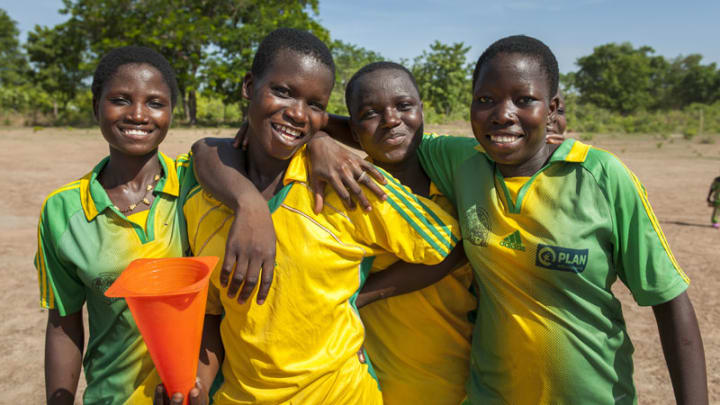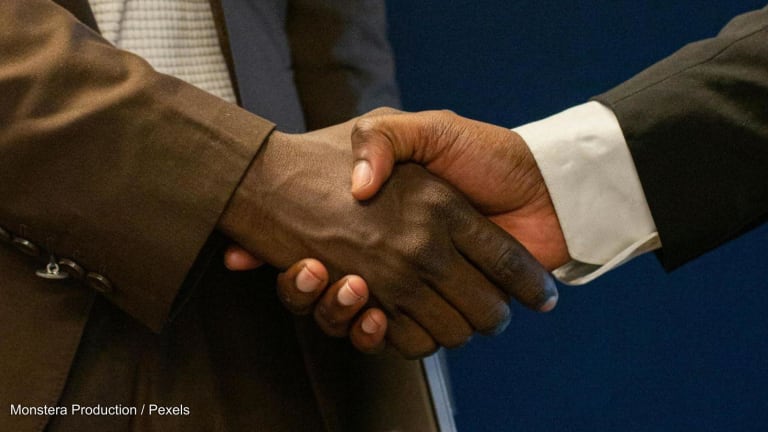
ABIDJAN — Looking to strengthen efforts to protect West Africa’s most vulnerable children, Plan International merged with Danish development organization BØRNEfonden in four countries last week, saying they wanted to scale their youth-focused mission and magnify their collective impact in the region.
Effective July 1, the programming, operations, and personnel of BØRNEfonden were folded into Plan International’s operations across Benin, Togo, Mali, and Burkina Faso.
Since the beginning of the year, the two groups have conducted analysis and worked together to define ambitions in each country. To effectively develop a combined regional mission, the staff of the new organization — PlanBørnefonden, which becomes part of the Plan International family, and the largest privately-funded development organization in Denmark — met together before the merger to discuss past successes and determine how to add value to country contexts.
See more topics:
► With 3 mergers in recent years, what are benefits to Save the Children?
►Q&A: Tom Dente on mergers in the development sector
Teams discussed internal skills development and strategic partnerships required to fulfill the regional objectives of Plan’s 2020 global strategy for child protection — the organization’s first global programming with a clear focus on protecting children from violence in development and emergency settings, especially girls.
“The merger came from the realization that we can go beyond what each of us can do separately and to really build a strong movement to advance children’s rights and development goals,” Plan International Regional Director for West and Central Africa Rotimy Djossaya told Devex.
In a written statement, Plan International insisted the merger was not precipitated by financial pressures at either organization, which has driven some NGO mergers in recent years.
Across the region, PlanBørnefonden will focus on child protection issues, such as adolescent sexual reproductive health and youth employment and entrepreneurship. In Benin and Burkina Faso, additional focus will be placed on inclusive quality education. Experts in Mali have prioritized early childhood development; and in Togo, skills and opportunities for youth employment and gender transformative protection policies will also be focal points.
Furthermore, leadership teams in each of the four countries are redefining staff roles to overcome skills gaps and ensure that the drafted operating model fits the ambitions in each country.
Djossaya encouraged other humanitarian organizations with aligned strategic goals to consider the opportunities of coming together.
“It’s amazing to see this kind of initiative in this sector, and I believe we need more of that,” Djossaya said. “Putting our experts together, partnerships together, resources together, overall achievement in each country — together we can do a lot more.”
In a joint statement released during the merger announcement, Christine Bosse, chairman of BØRNEfonden, said: “It has been a part of BØRNEfonden’s strategy to identify a partnership that could empower our strategic goals and give leverage to our impact. The need for this has never been clearer. It is not a question of making declarations of intent, but of taking action.”
Opportunities for youth in Benin, Mali, Togo, and Burkina Faso remain limited due to the effects of conflict, food insecurity, and weak governance.
“Together we will be the biggest voice of children and youth in these countries — and we intend to make a greater difference,” Bosse said. “We owe that to the children and to our loyal sponsors and donors who fund change in the lives of children and youth.”




